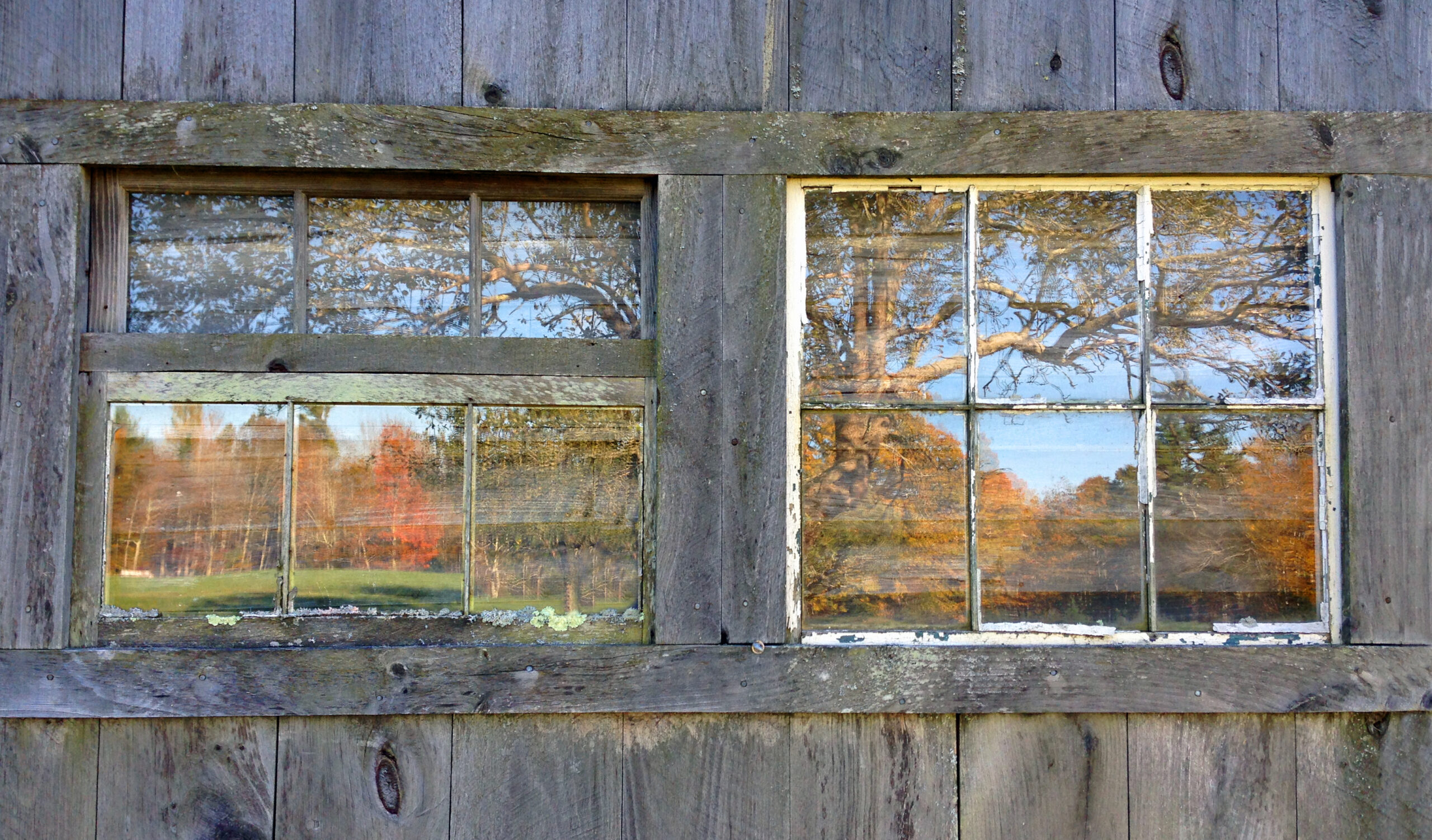
Amelioration resides at the heart of the second tier. This tier concerns ways to reduce the long-term effects of COVID on those who have been infected and are now in recovery. In many ways, this is now the frontline of medical services in meeting the COVID challenge. We are beginning to discover long-term effects in such areas as cognitive functioning, vulnerability to other diseases, and potential for re-infection in the future. We need not sit back waiting for others to make the case for attention to and the funding of these ameliorative measures. Advocacy in this area will be critical, for we know all too well, in many societies (including the United States) that there tends to be short attention spans once a crisis has passed us by or been resolved (over the short term).
The third tier is focused on Prevention. We can commend the exceptional success of the pharmaceutical industry in rapidly produced successful vaccines but can also do our part in exerting our internal locus of control to ensure that inoculations are available to everyone—including people elsewhere in the world. Just as concern for the long-term effectives of COVID-19 must be sustained (tier two advocacy), so too must global-based concern for both pharmacological and non-pharmacological interventions be sustained (tier three). Ultimately, a multi-strategy approach to prevention must be engaged—and many of these strategies move us beyond the confines of hospitals, clinics and inoculation sites.
This leads us to the fourth tier: Empowerment. In essence, both Varda Silberberg’s essay and this essay (and in fact Varda’s entire book) is about empowerment—somehow finding the insights required to be effective in addressing future pandemic challenges. The multiple perspectives offered by Dr. Silberberg provide a valuable guidebook for all societies to follow in ensuring that future viruses have less extensive and less intrusive an impact on the health and welfare of all citizens. Ironically, it is COVID-19 that has been an insistent teacher in helping us learn the lessons of pandemic intrusions. It is to this one final, “hopeful” aspects of COVID-19 that I now turn.
Virus as a Teacher
A documentary movie was recently released and awarded many prizes, that concerns the way in which an octopus became the teacher for a South African snorkeler. As was the case with the protagonist in My Octopus Teacher, we can choose to learn from the virus that has entered our life (unannounced and unwelcomed) during the past two years. At a fundamental level, it is important to acknowledge that COVID-19 needs us and has become intimately acquainted with our behavior, our preferences, our ways of being in the world. While the octopus could remain in the sea and teach the diver in its own environment, COVID-19 has been required to enter the human world and to learn rapidly from (and adapt itself many times over) to this world of human behavior.
Much has changed in American society and many other societies as a result of COVID-19. Varda Silberberg (2020, p. 28) suggests that “the effects of the current Covid-19 crisis differ from what we already know about coping with crises, and the research on its psychological outcomes is in its infancy and focuses mainly on fear and anxiety.” COVID-19 does provide the motivation to learn about these changes and expand our analysis beyond just the role played by basic psychological emotions. The virus also provides some of the answers to the questions being asked about pandemic invasions. Nicholas Christakis has devoted an entire chapter (Seven) of his book to the identification of changes that are likely to remain permanent in American society (and other societies in the world). A set of important lessons are attendant to these changes.








